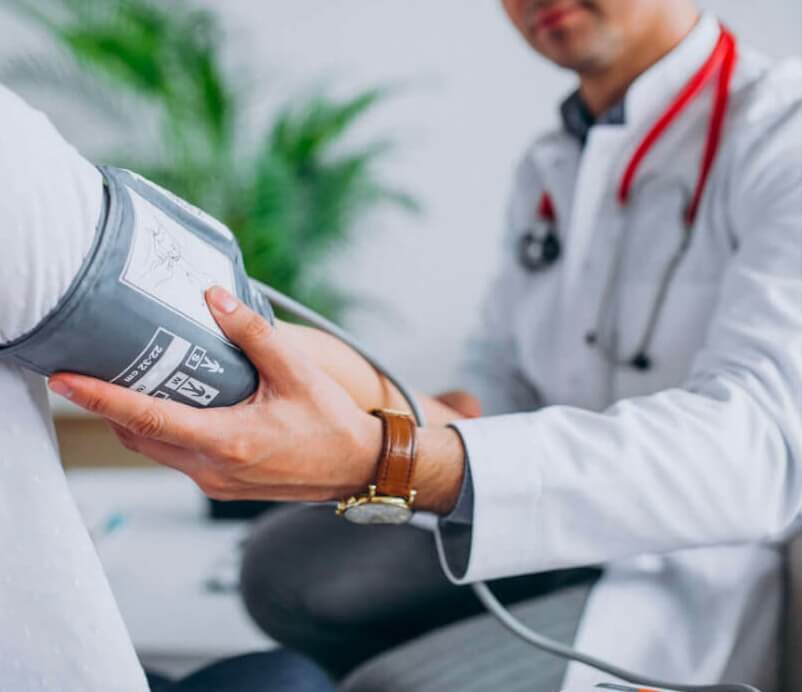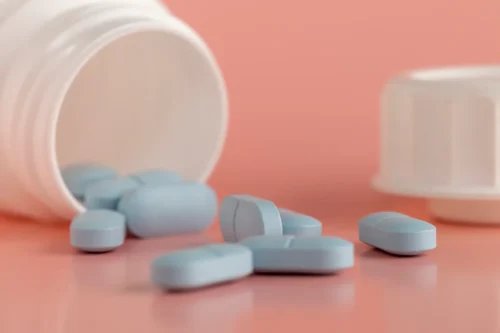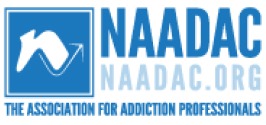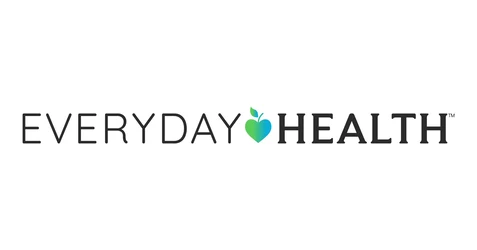Fully Licensed & Accredited Treatment Center
Ascendant New York is fully accredited by multiple reputable associations and organizations including the New York State Office of Alcoholism and The National Association of Addiction Treatment Professionals.
Decades of Experience Across All Levels of Care
From our CEOs and Medical Directors to Continuing Care Managers and Behavioral Health providers, we’re a cause-driven team that is passionately invested in addiction recovery.
Trusted & Sought-After By NYC Residents
Low staff-to-patient ratio
4.6* Google Rating
Luxurious location in the heart of the city
24/7 Medically- supervised facility

Every story is unique. Every addiction recovery path is different. Every patient is singular.
But the destination is always the same.
Freedom from substance use. Clarity of mind and purpose. A safe and healthy future. A life that aligns with our greatest potential and your highest goals. A life you love in a body free of dependence.
This means every solution must also be custom-tailored for each individual and designed to help them achieve their long-term goals.
The first step to realizing this future of wellness is undergoing treatment at a drug rehab center. So come enjoy the comfortable, peaceful, and discreet recovery center and outpatient services Ascendant has to offer.
New York Insurances We Accept to Cover Detox & Drug Rehab
We also accept insurances from other providers like United Healthcare and Optum, please contact us to verify if you are covered.



WELCOME TO ASCENDANT
We’re a Premier Inpatient & Outpatient NYC Drug Rehab Helping Others Recover From Alcohol Dependence and Drug Use
At Ascendant, we believe that lasting recovery is most successful when fostered through professional addiction treatment services that leverage innovative and evidence-supported modalities and is administered by a compassionate team.
For those seeking a life beyond recovery, our inpatient drug & alcohol detoxification center promises an experience like no other. We pride ourselves on being the ultimate resource for top quality rehabilitation services for New Yorkers all five boroughs.
At Ascendant New York, our objective is your health and well-being. Through the provision of a comfortably luxurious atmosphere and the administration of tested and proved modalities, we work hard to ensure every patient’s physical, emotional, & psychological needs are met at every turn.
OUR PROGRAMS
Learn More About Our Cutting Edge Detox & Addiction Treatment Programs
With in the quiet halls of our New York City treatment center, patient care is overseen by our 24/7 team of well-qualified and experienced nurses and supporting clinicians. Every treatment session, including mental health treatment, takes place within our safe facility administered by supportive staff.
Our inpatient detox programs bring a comprehensive approach to every patient’s care. From initial assessments to final treatment, from private therapy to group therapy, and from behavioral therapy to counseling and aftercare planning, each patient walks away with the resources and referrals they need to maintain their course of sobriety and move boldly toward ongoing recovery.

Medically Monitored Detox
When the worst has happened and you find yourself dependent on alcohol or other harmful substances, it’s time to cleanse the body and the mind. But this must be done safely and under the care of a medical professional to avoid as many adverse effects as possible.
The Ascendant team is fully-licensed and highly qualified. Our medication assisted treatment detox process from alcohol, opioids & other drugs is medically-supervised by experts in the field of addiction medicine.
Our clinicians guide patients and families with essential medical advice to help reduce chemical dependency on substances and safely manage withdrawal symptoms.

Inpatient Drug Rehab Centers
Our list of accreditations is a testament to our commitment of excellence in evidence-based, quality care.
Every patient is assigned a team of highly trained addiction specialists who will help in their recovery effectively and discreetly while also assisting with their mental health needs.
We will facilitate communications with your primary care provider, your family, and even your employer, to ensure that all of your treatment needs are met.
Our expert support is delivered around-the-clock, twenty-four hours a day.

Intensive Outpatient Programs
If flexibility is what you need, our NYC Intensive Outpatient Program (IOP) may be just what you need.
Patients struggling with a substance use disorder, mental health disorder, or alcohol addiction will receive individual therapy sessions, psychiatric care, medication assisted treatment, and a variety of group therapy opportunities.
The goal with comprehensive rehab care is to develop new coping skills, build healthier habits, and establish a trusted circle of support and accountability.
We also offer exclusive access to a skilled network of other professional providers, including doctors, therapists, long-term rehabilitation facilities, and employee assistance programs.

Start Living a Sober Life Today


Holistic Recovery & Detox at Ascendant New York Treats the Whole Person
The symptoms the body experiences are merely one element of substance abuse or alcohol dependence recovery. The mental, spiritual, and emotional aspects of patient care must be addressed and treated as well for lasting sobriety to take root and flourish.
Ascendent’s holistic healing and therapeutic services encompass the whole person, mind, body, and spirit, while also medically treating the symptoms of their substance use disorder and withdrawal. All of our treatment plans are designed to blend naturally together during the detoxification process. Our goal is to relieve as many unpleasant symptoms as possible and offer compassionate and supportive health care every step of the way.
Recovery Tomorrow Begins With Action Today – Start With Detox

Start Your Recovery At Ascendant New York Proudly Serving Manhattan, The Bronx, Queens, Brooklyn & Staten Island.
If you or a loved one struggle with alcohol or drug dependence, there will never be a better time than now to pursue healing and recovery. Some do not get the opportunity at all.
Managing withdrawal symptoms alone or at home can be dangerous or even lethal. Our upscale detox and addiction treatment facility offers a safe and comfortably luxurious environment to give your body the space it needs to cleanse and recover.
Restore the balance in your life. Detox now. Recover in comfort.
Editorial Policy
Here at Ascendant New York, we understand the importance of having access to accurate medical information you can trust, especially when you or a loved one is suffering from addiction. Find out more on our policy.
Our Policy
We at Ascendent New York believe that everyone has the right to accurate, factual information regarding their health. This is why everything we post online is written by or with medical experts, uses peer-reviewed scientific resources, and is updated periodically to make certain that it remains current and medically accurate.
Our Contributors
Every person who contributes to our content library is extensively vetted. Each contributor must maintain the highest level of medical experience and expertise and all resources are independently verified by medical professionals to ensure they remain both factually correct and current with scientific medical data.


























